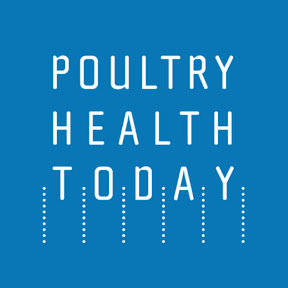



No consensus on future success of Salmonella control for poultry industry
Bruce Stewart-Brown, DVM, senior vice president, technical services and innovation, Perdue Farms speaks to Poultry Health TodayOpinions about the poultry industry’s future success in controlling Salmonella differ widely, judging by comments from panelists at a food-safety roundtable.
Bruce Stewart-Brown, DVM, senior vice president, technical services and innovation, Perdue Farms, said he doesn’t think the industry will get rid of Salmonella but does believe there will be a low prevalence of the pathogen.
“This idea [that] all positives are the same needs to be rethought. Low levels are generally lower risk, and some recognition of that would be a step forward for public health,” he said.
Salmonella-control solutions need to be built around the US industry, Stewart-Brown continued. “I don’t think we’re going to cement floors in all of our chicken houses. I don’t think we’re going to fumigate in between each flock.
“Our solutions in the US industry will require some innovation around our current business set up — dirt floors, 2- to 3-week layouts, mostly multistage hatcheries [and] a lot of pressure on antibiotic use, to name a few things that will not likely change much in the next 5 years.”
Serotype changes, which he said are “humbling,” are likely, but thankfully many of the interventions the industry has are effective against multiple serotypes.
“We need a big change regarding comminuted products. If there is any type of product that needs some recognition, it’s these and that load is important,” he said at the roundtable “Coming Together for Food Safety.”
Loss of PAA?
One of the biggest concerns is the potential loss of peracetic acid (PAA), several panelists indicated.
“I think PAA will eventually be banned,” Robert O’Connor, DVM, senior vice president, technical services, Foster Farms said. “I think we are totally, completely reliant on that one compound in the plant, and we’re going to be really hurting when it does get banned.”
Joshua Whitley, complex manager, Tyson Foods, also said “we could see PAA go away.” Although there may be alternative chemicals, he said he hopes Salmonella control will ultimately be managed with best management practices on the live side and in the plant.
Erin Johnson, director of food safety, George’s Poultry, said: “We’re going to have to think out of the box on PAA, because the very thing that is helping us right now is also destroying our plants as far as floors and equipment.”
Continue reading the article on Poultry Health Today.












